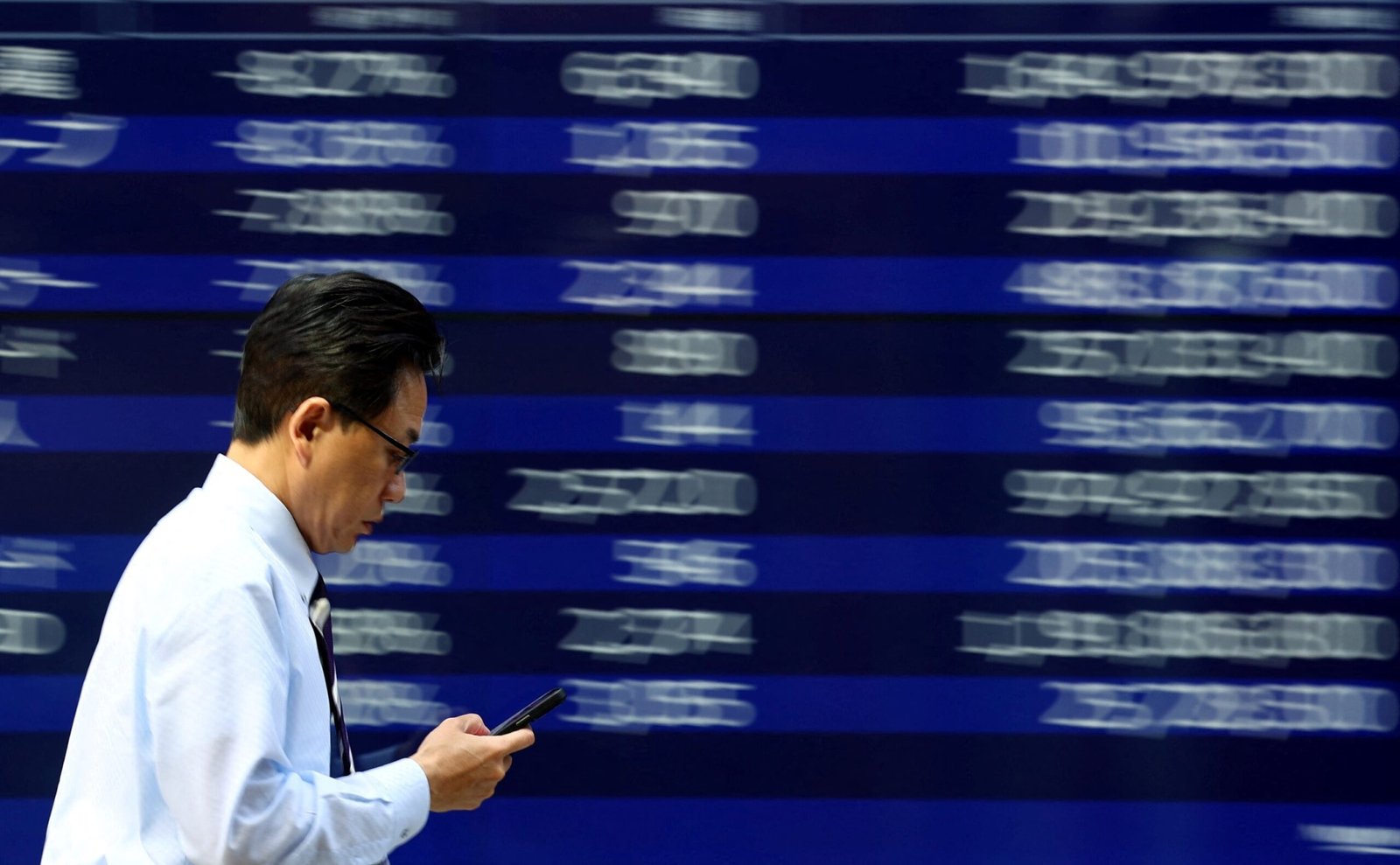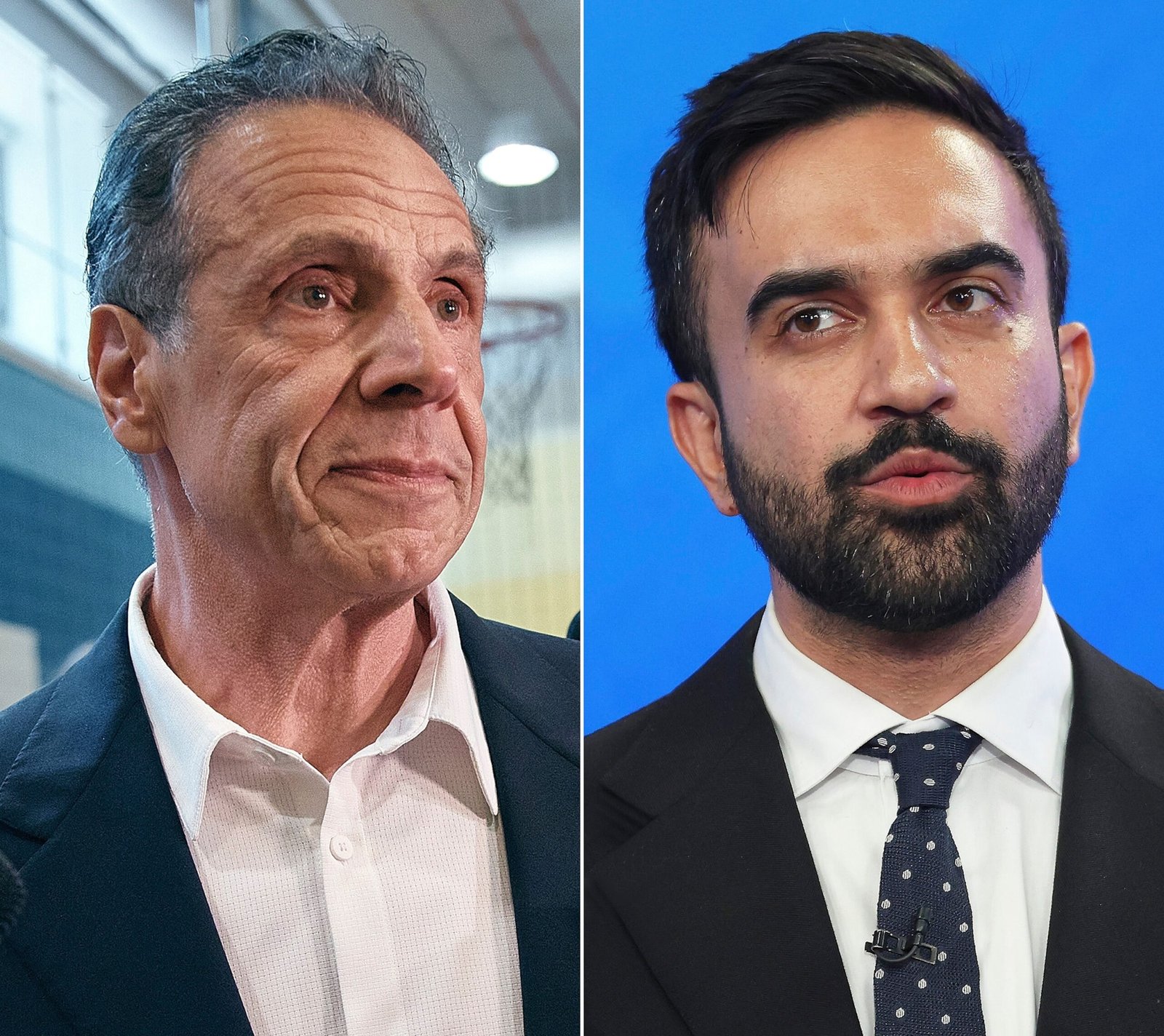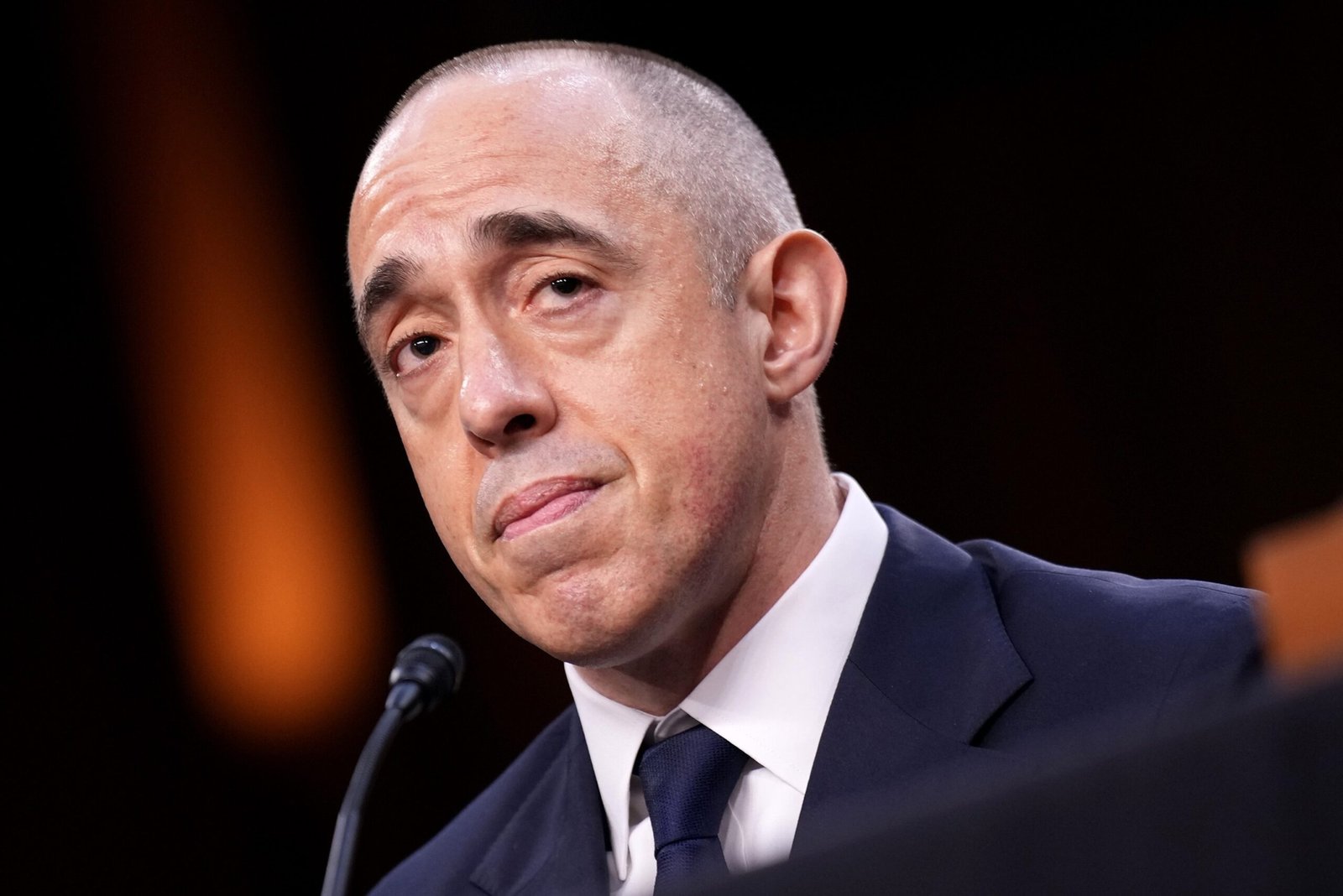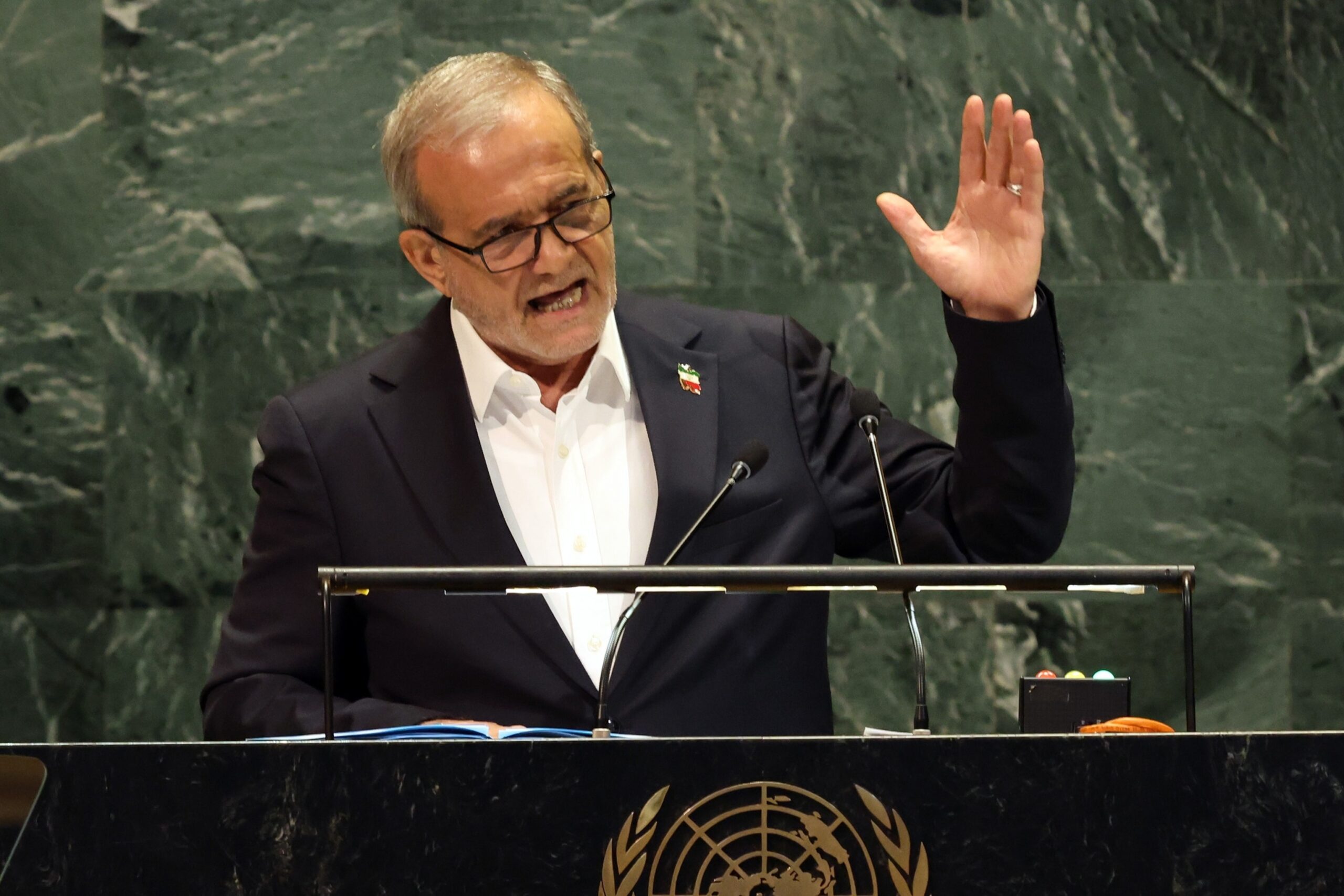Trump’s main economic advisor says that 50 countries have communicated to negotiate tariffs

The director of the National Economic Council of the White House, Kevin Hassett, defended the tariffs of President Donald Trump on Sunday, refuting the idea that US consumers will cost more.
“Then, the fact is that countries are angry and retaliation and, by the way, came to the table. I received a report from the report [U.S. Trade Representative] Last night that more than 50 countries have communicated with the president to begin a negotiation. But they are doing that because they understand that they have much of the rate. So, I do not think I see a great effect on the consumer in the United States because I believe that the reason we have a long -term commercial deficit, these people have a very inelastic supply. They have been throwing products into the country to create jobs, say, in China, “Hassett told the presenter” This Week “of ABC News, George Stephanopoulos.
Trump announced tariffs about almost all United States business partners on Wednesday. Trump’s policy includes a 10% rate over all imports, as well as larger tariffs in some individual countries. The announcement met with an immediate and continuous fall in global markets, as well as in several countries that raise retaliation rates against Democratic legislators and critics of Trump’s economic policy generated alarms on a possible recession and adverse effects in the relationship of the United States with the allies.
Universal rates of 10% entered into force on Saturday, while tariffs in individual countries will enter into force on Wednesday.

Kevin Hasett, director of the National Economic Council speaks with ABC News about “this week” of Washington, on April 6, 2025.
ABC News
The former Treasury Secretary, Larry Summers, did not agree with Hasset’s statement that tariffs will cause a drop in US consumer prices.
“This is the greatest self -inflicted wound that we have put in our economy in history. We are increasing inflation because prices are higher due to rates. That gives people less spending power. That means less jobs,” Summers said after the Hassett interview. “The markets are looking at all that. And they believe that companies will have a value of $ 5 billion less than they thought before these tariffs began. And that is just the loss for companies. If you add the loss to consumers, a reasonable estimate would probably be something like $ 30 billion.”
Here are other prominent aspects of Hasset and Summers’ interviews:
Hassett in Trump using the market accident to influence the Fed
Stephanopoulos: Correct, but you also said that prices were going to go down and only admitted that prices will increase. Also in Truth Social, the president retweeted a position that said that the fall of the market was part of a deliberate strategy to force the Fed to the lowest interest rates. Is that the president’s strategy? If not, why did you published it?
Hasset: Yes, that, you know, the conclusion is that the president has been talking about tariffs for 40 years and this is like having been absolutely the policy on which he has focused on the campaign already throughout his political career. And you know, the cyclic cycle of the Fed, comes and comes. That is a different matter. But this is the desired policy of President Trump. He has been arguing for that since then. I think he was in “The View” 30, 40 years ago, and it is exactly, the reference rate is exactly what he, put in the convention.
Stephanopoulos: But it’s your strategy –
Hasset: So, this is not a surprise for anyone.
Stephanopoulos: Is it your strategy to force the FED to lower interest rates, and that the collapse of the market was part of that strategy?
Hasset: We understand that Fed is an independent agency. We respect the independence of the Fed. But the president has allowed him to have an opinion. The – Absolutely, the president has allowed him to have an opinion, but there will be no political coercion about the Fed, sure.
Stephanopoulos: So is your strategy? Tank The Market for Fed to reduce interest rates?
Hasset: No, no, no.
Stephanopoulos: Well, you just said that the president has allowed him to have an opinion. Is that your opinion or not?
Hasset: You are not trying to accumulate the market. He is trying to fulfill for US workers.
Hasset in the lack of tariffs against Russia
Stephanopoulos: Why did the president not included Russia in the list of countries that face tariffs?
Hasset: Obviously, there is an ongoing negotiation with Russia and Ukraine, and I think the president made the decision not to combine the two problems. It does not mean that Russia, the most total time, will be very different from all other countries, but Russia is one of the only countries, one of the few countries, which is not subject to these new rates, right? They are in the midst of a negotiation, George, right?
Stephanopoulos: Well, I’m asking a different question: why? And I just want to know why —
Hasset: Would you literally advise you to enter and put a lot of new things on the table in the midst of a negotiation that affects so many American and Ukrainian and Russian lives?
Stephanopoulos: Negotiators do that. Negotiators do it all the time.
Hasset: No, no, that is not appropriate to throw something new to these negotiations right in the middle. It simply is not.
Stephanopoulos: Therefore, he is admitting that Russia is not paying new tariffs, unlike many of our allies, including Europe, Canada, Mexico.
Hasset: Russia is in the midst of the peace negotiations that actually affects thousands and thousands of lives of people, and that is what President Trump focuses at this time.
Summers in the stock market
Stephanopoulos: If you are advising US consumers, also US corporate leaders about where this is directed, how would you advise them to prepare for all this?
Summers: Look, I think there is a very good possibility that there is more turbulence in the markets. The two -day movement we saw on Thursday and Friday was the fourth largest two -day movement since World War II. The other three were the 1987 accident, the financial crisis of 2008 and the pandemic. Then, a fall in this magnitude indicates that there is likely problems ahead. And people should be very cautious.
But the risk is, of course, when we all decide to be cautious, that can become a self -fulfilling prophecy. Unless and until the president recognizes that this is a very serious mistake that probably has very adverse consequences, I think it is likely to make things difficult. I think people are right when waiting to make great purchases, companies are right to be cautious. People are right to want to have effective. What we need is a reversal of these policies, and until we have an investment, I think we will have a real problem. This is a moment of evidence for the president’s advisors. The intellectually honest know that this reflects the 40 -year -old presidential fixation, not any proven economic theory.


